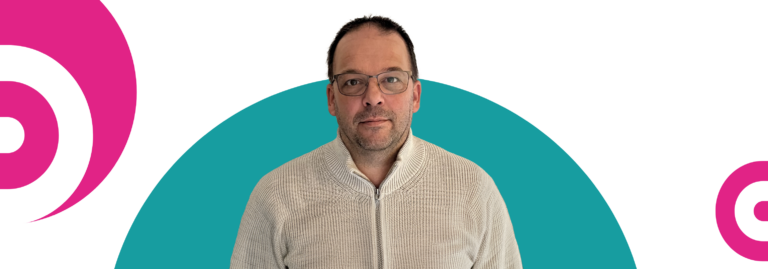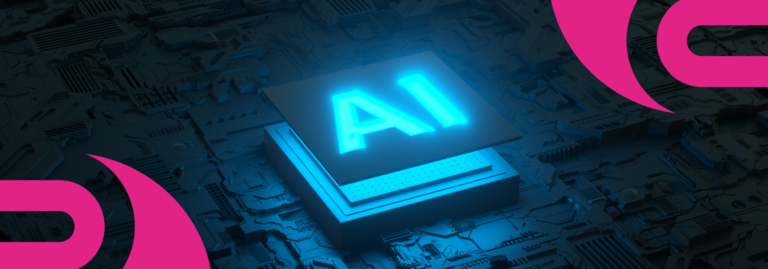After graduating from university with a master’s degree from a STEM background, I knew immediately from the small exposure that I had in programming during that time, that software engineering was a skill that I wanted to expand.
However, coding in a research environment has less emphasis on the importance of programming methodologies and the hidden mechanisms of how the computer actually compiles the code than I expected. Furthermore, academic research is mostly involved in the computational simulation of some very niche and abstract system, whose data is then extracted and analysed. It’s often the case, that outside of the professors and doctoral students who have spent countless years strenuously studying the material, the final work produced is irrelevant to the rest of the population. So, whilst academia has the benefit of being stimulating and challenging, the limited application and scarce recognition of your work can leave you feeling unmotivated.
This is in stark contrast to how software engineers use programming to create a wide range of applications and products that are used on a daily basis as the global access to technology is increasing exponentially. Now more than ever, the demand for software services is becoming more necessary as a major role in a range of seemingly unrelated industries (telecommunications, healthcare, oil and gas, travel, finance and national defence). Technology advancements through the past decades have allowed industries to use programming tools and online services at a lower cost to meet this demand and create businesses that outperform conventional methods. For example, in the entertainment industry, businesses like Amazon and Netflix have replaced regular bookstores and movie/video rental providers (e.g. Blockbuster). Additionally, COVID-19’s impact on the workforce has shown how significant the role of software applications can be in keeping businesses and personal relationships afloat, further advancing software’s dominance in all industries.
The vast impact that software engineering can have on society as a whole, is what motivates me to start my career in the tech-world as a software engineer, and so I knew that I would need training to become a confident and knowledgeable full-stack software engineer. This is why I jumped at the opportunity to join Digital Futures. Despite only being in my 7th week of the Academy, already I have noticed an incredible difference between how I approach solving programming problems and was surprised by how fast I could pick up new coding languages. Although, the course can be intense at times, the challenges are very stimulating and have the added bonus of having a supportive cohort instructor and members who you can turn to for help. The analytical and creative thinking skills that I have developed from my degree and from my hobbies, such as playing chess, are used in every step of the software development life cycle and have grown significantly since first joining.
One of the drawbacks of the increasing need of technology in industries, is the fact that talented individuals from disadvantaged backgrounds are not often given an opportunity to even begin a technology career. And as traditional business models are being outperformed by software, there is the alarming threat that these people will be displaced, and their ability will go unnoticed. This imbalance in our society needs to be addressed, and coming from an underrepresented background myself, is why I resonated so much with the mission of Digital Futures. Their aim is to provide world-class technical and professional skills to people from various backgrounds and it’s why I’m proud to be a member of Digital Futures.







